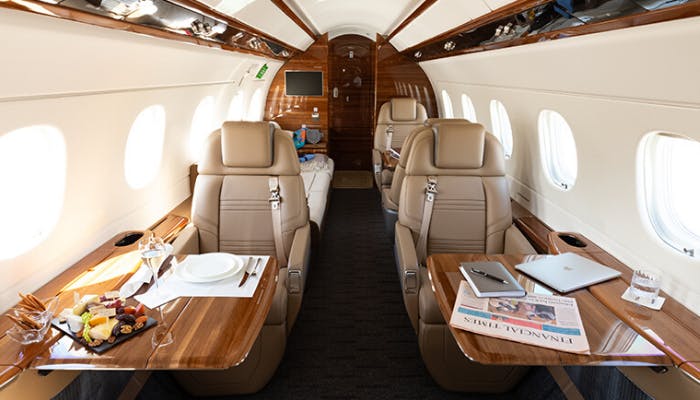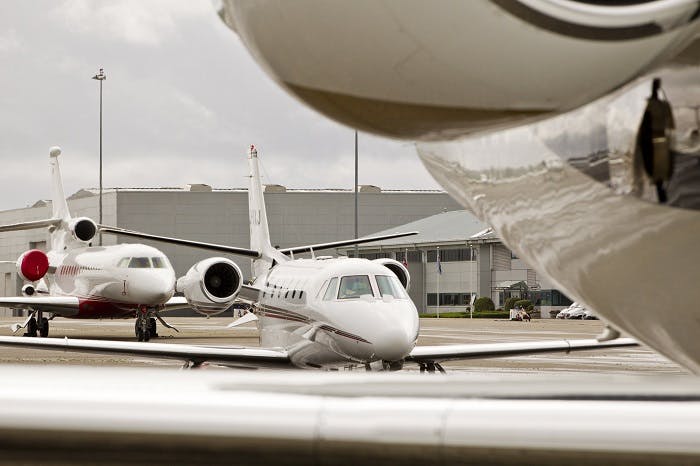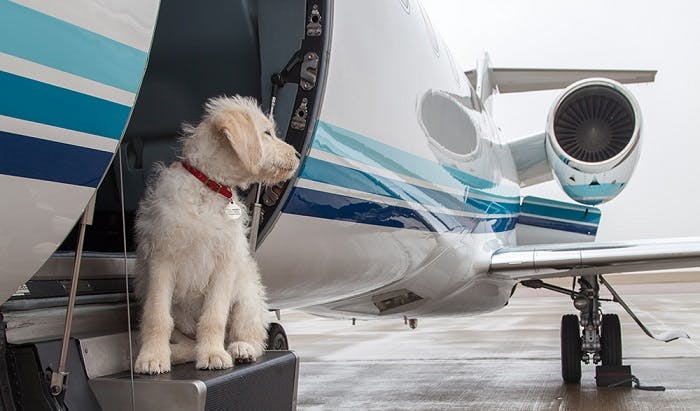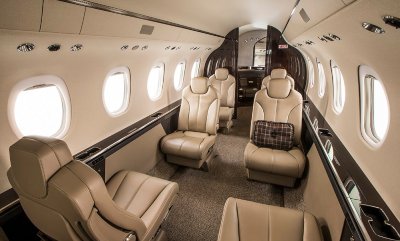How has Brexit changed private jet charter flights in 2021?
With the UK having now officially left the EU as of 1st January 2021, what are the implications for private jet charter flights?
There are restrictions for some flights by some aircraft – based on the aircraft’s registered country. And there are additional requirements for other flights (such as travelling with pets) – as we explain below. But in general, PrivateFly’s flights are not significantly affected, and our expert team will guide you through any changes that may impact you.

We have a broad supplier base of safety-accredited aircraft operators, who are based across Europe and worldwide. So this gives us flexibility to select the right aircraft for your flight.
More paperwork and permits
One of the obvious impacts of the UK now being outside the EU is on flight permits. UK-registered aircraft must now apply for a permit to fly in EU airspace – and the same applies for non-UK operators who want to fly in or over the UK. For flights between EU countries, of course nothing has changed.
Applying for permits is straightforward (and something already required for many global flights), so it’s not something that will impact clients for the majority of flights. Some aircraft operators are well-prepared for this and have already agreed block permits with certain other countries, which avoids extra paperwork at an individual flight level.
Restrictions on international operating rights
Another area that is impacted is the rights of an air carrier to operate commercially within another country to its own. This impacts all commercial aviation – not just private jet flights.
There are a number of levels of international operational rights for air carriers (which date back to the end of WW2) which – broadly speaking – give freedom for commercial aircraft to fly in, out or over other countries, subject to permits.

But one of the areas that is subject to more variation is the right to operate a commercial flight on a domestic route within another country – known as cabotage rights. This is already a factor in international aviation, in other parts of the world.
Without a bilaterial agreement in place that grants reciprocal freedoms, this means a UK-registered aircraft is now not permitted to conduct an internal flight within the borders of another EU country, for example a flight from Paris to Nice. And in return, a French or German operator cannot operate a flight such as Edinburgh to London.
This restriction impacts UK operators more than EU companies, as there are now a number of popular, EU domestic routes that they cannot fly.
But as PrivateFly works with a range of accredited operators based in many different countries (both for our Jet Card, Jet Account and on-demand charter service), we can select appropriate operators and aircraft, ensuring that every flight can be operated legally and – as always – with the utmost focus on safety and service.
Changes to private flights with pets from 2021

Post-Brexit changes for flights with pets impact those travelling from Great Britain to the EU or Northern Island – as the old UK pet passport is no longer valid. There is no change for inbound GB travel, for which the existing pet passport can still currently be used.
From 1 January 2021, travellers with pets flying from Great Britain to either the EU or Northern Ireland will need an Animal Health Certificate (AHC) instead. The AHC must be issued no more than 10 days before travel to the EU and is then valid for four months, allowing travel within the EU during that time.
The current entry requirements into the UK have not changed and UK pet passports can still be used for entry, along with the usual vaccination requirements. The Animal Health Certificate can also be used for re-entry to the UK if still valid.
Our expert team can answer any other questions you have about flying between the UK and the EU – or on any other global route. Contact us 24/7 on +44 (0)20 7100 6960.
Related content

How much luggage can I take on a private jet?

Our latest exclusive Jet Card event at Dom Pérignon Maison



